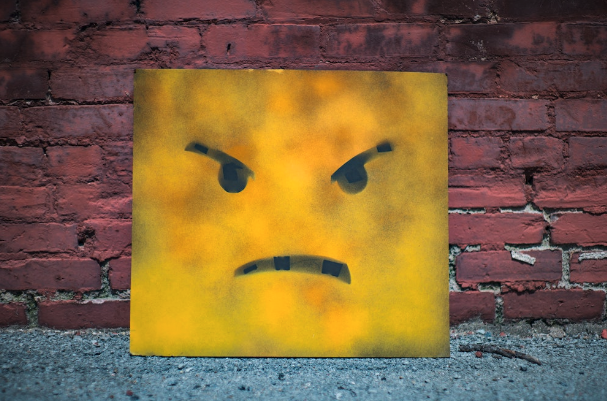6 Things to do When You’re Having a Bad Day with PTSD in Boise
When Life serves you lemons – CRUSH THOSE BUGGERS TO A PULP.
Everyone has bad days–sometimes even a string of them put together. When you are dealing with PTSD and learning to manage yourself in Boise, there are some things that can really help on those shitty days.
Boise Some steps to consider when you’re having a bad day:
- Accept that this is as good as it gets (for today).
I know, that sounds counterintuitive, but often the only way to move forward is to accept where you are. Be honest with yourself about where you’re up to–that doesn’t mean that you won’t have a good day tomorrow, it means that you acknowledge where you are today.
- Realize that tomorrow holds great hope and possibility.
You might be in a bit of a hole today–stop digging! You know that tomorrow holds great possibility, because even in the middle of a bad season, you HAVE had good days. You know what that feels like, and it will happen again.
- Acknowledge that the emotions you are feeling today are real, but be careful not to let them leak on those around you.
It’s just about taking responsibility. Be brave enough to have conversations with those around you and let them know you’re struggling. When I am having a bad day, I am aware that it is my issue, and I have to do what I know to do to contain it and minimize the impact on others.
- Do what you know to do.
Make sure you keep your structure in place, even when it’s a bad day. Do your exercise, eat nutritious food, choose bright colors in your clothing. I’m also aware of things like the music I listen to, or the media that I watch when I’m having a bad day. These things are all important–they will either feed or starve the negative emotion that I’m dealing with.
- Stay away from alcohol and drugs.
Alcohol and recreational drugs are a short term fix. We have to come to the stage of our recovery journey that we are able to rely on ourselves and our ability to manage. We have to put the tools in our tool box–I talk about this at length in #dealwithit: living well with PTSD.
- Get some sleep.
If you get 7 to 9 hours of sleep, then get up and have a meal that contains protein and fat, you are much less likely to feel depressed or anxious. There is a lot of research out there, here is one study if you want to read further. I can’t overstate how important routines are for anyone who deals with PTSD, CPTSD, anxiety, or depression.
BONUS STEP !!
- Go again tomorrow with the goal of finding something positive.
Find something to be thankful for–even just that you woke up breathing. Go to the gym, take the dogs for a walk, make the bed–something positive. Keep your focus on what you CAN control and on doing those positive, productive things for yourself. It will change for you.
Find out more at www.drjohnaking.com, and keep in touch with us @drjohnaking.
I think you would find my book ‘#dealwithit- living well with PTSD’ helpful. I talk about what I did to help graduate beyond just being a ‘survivor’ of PTSD and trauma; what works; what doesn’t; what I screwed up. About overcoming adversity and mental illness.

